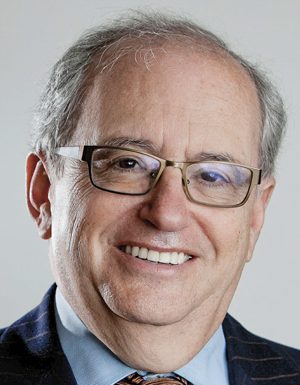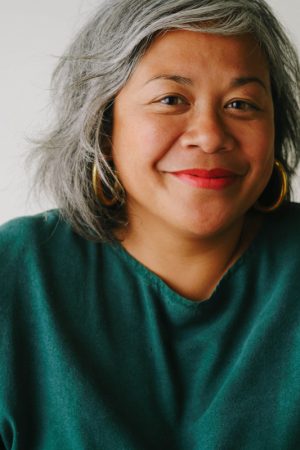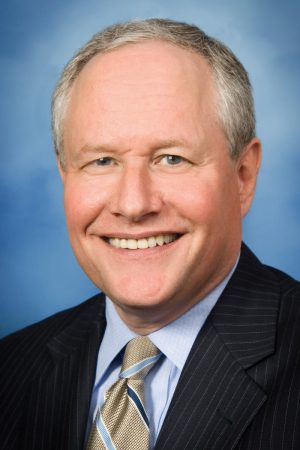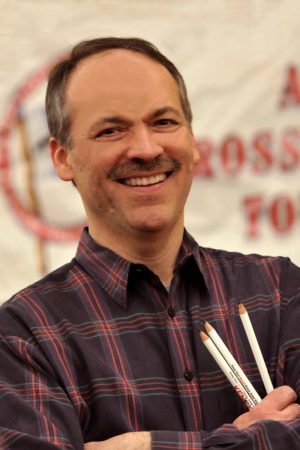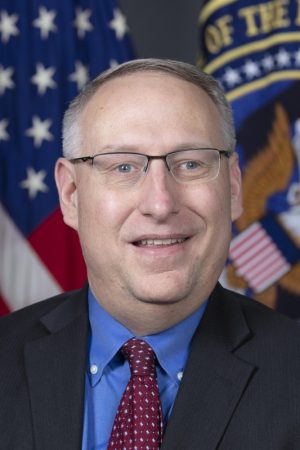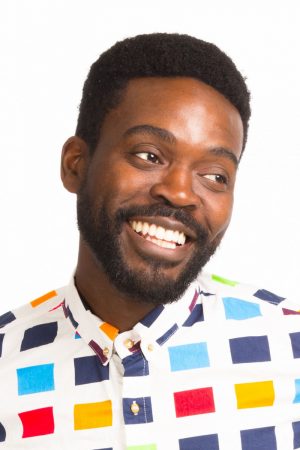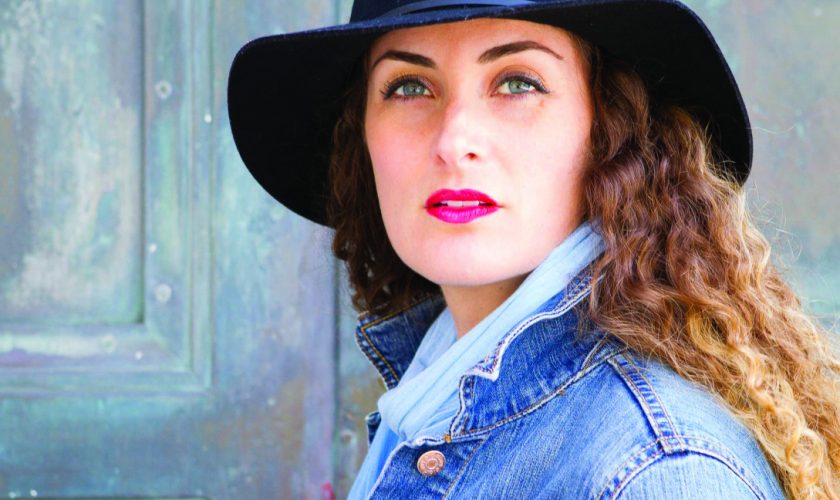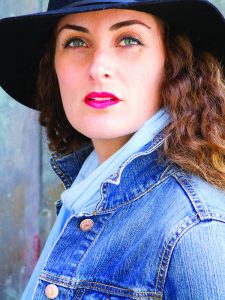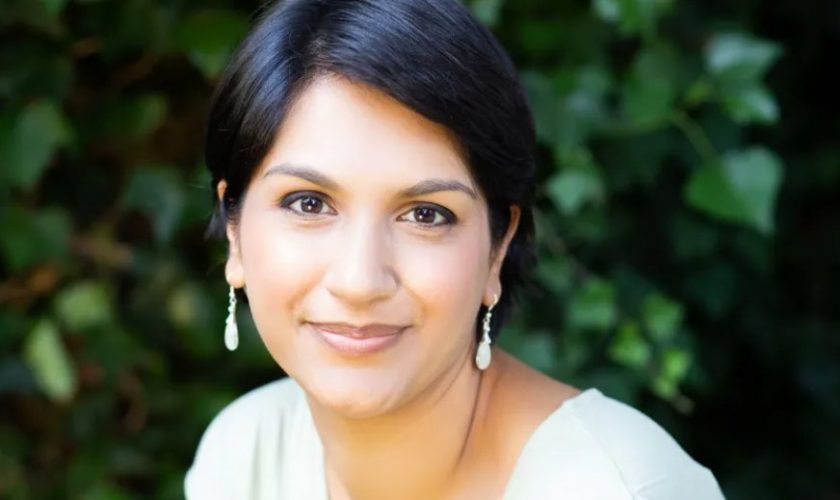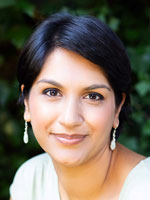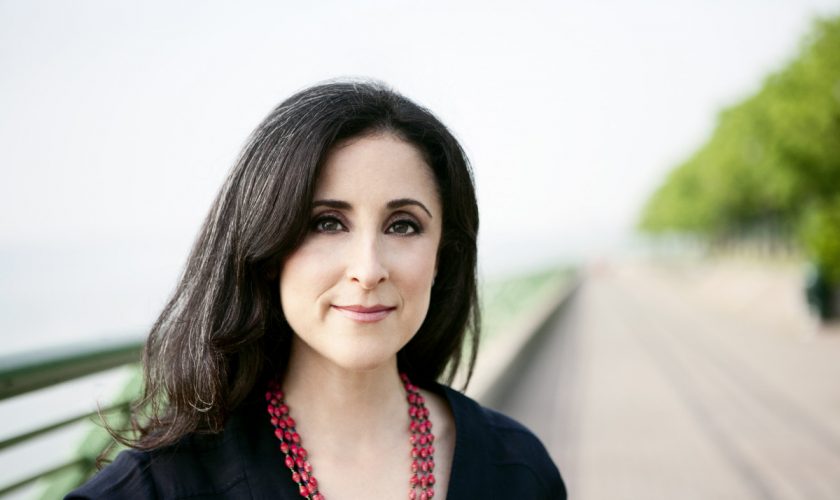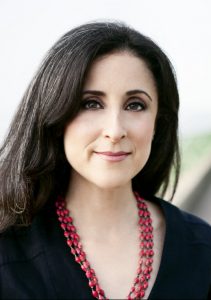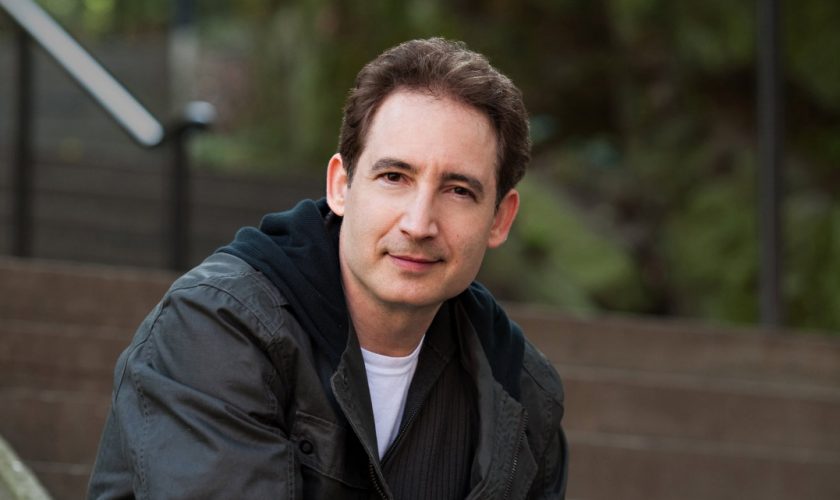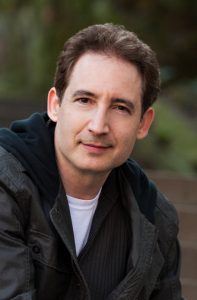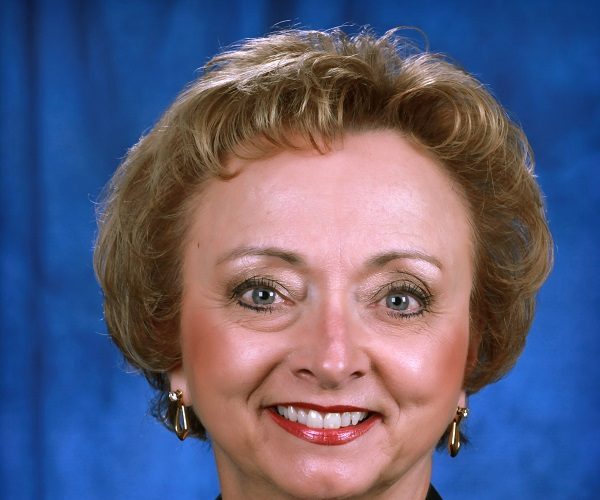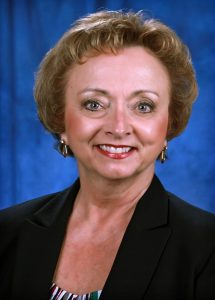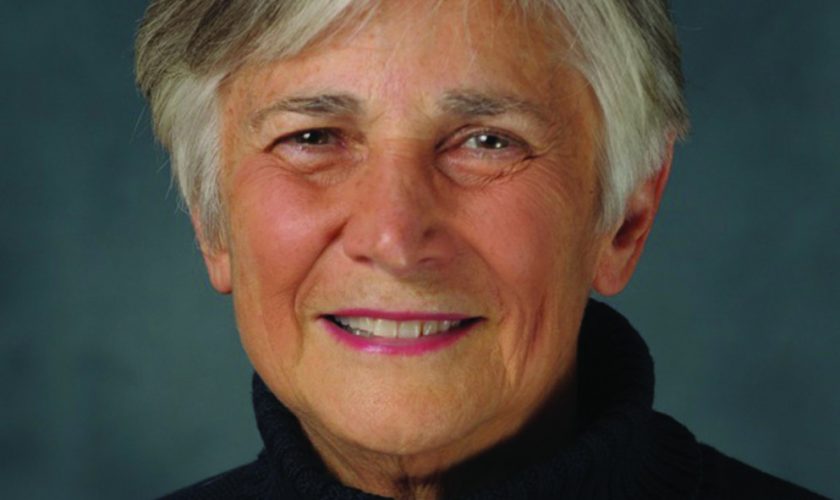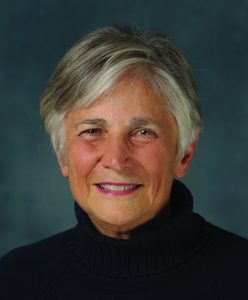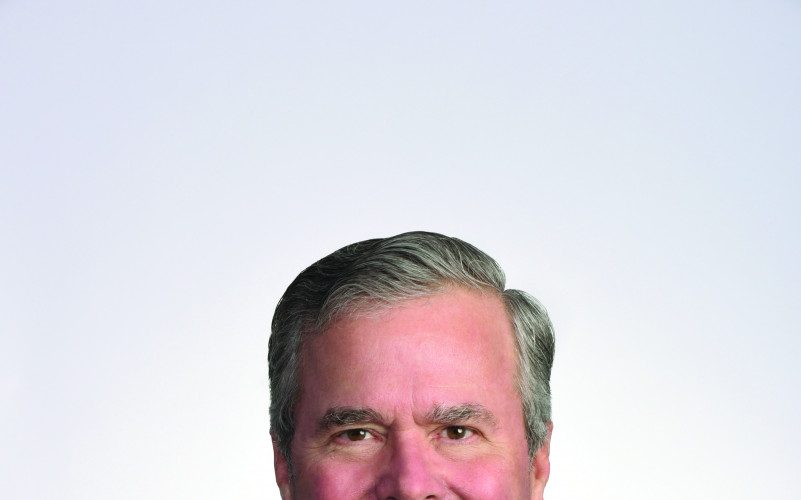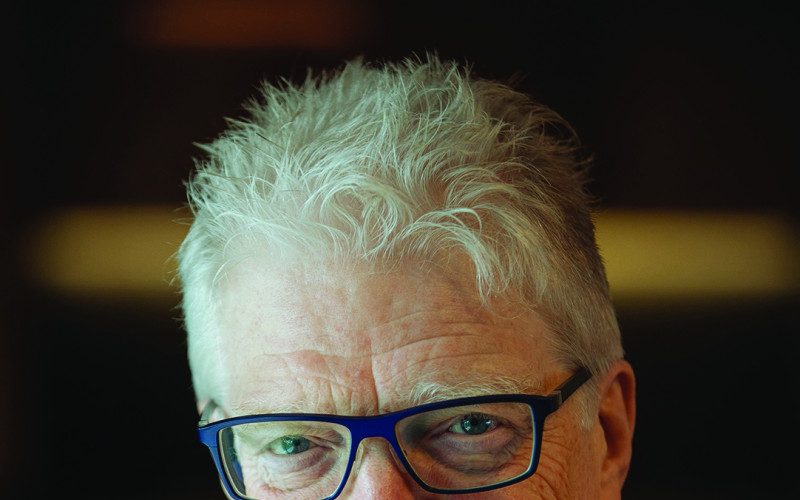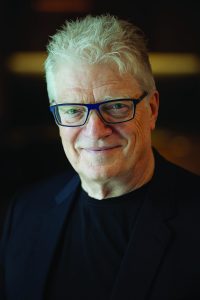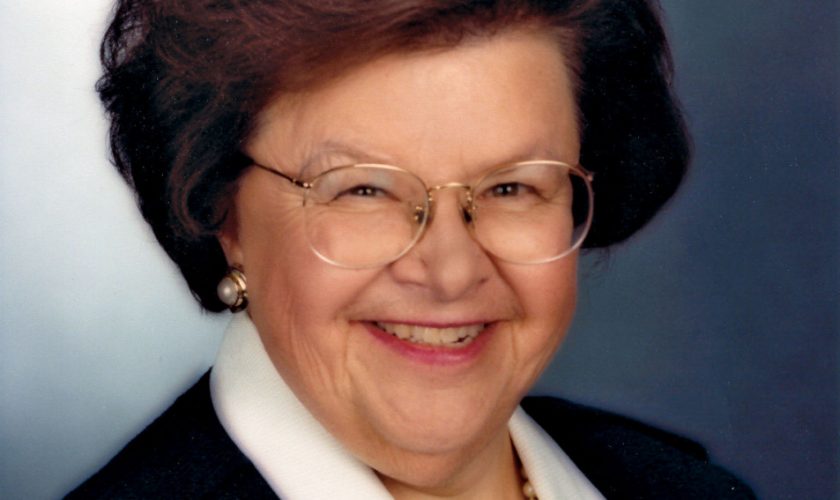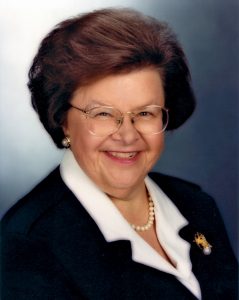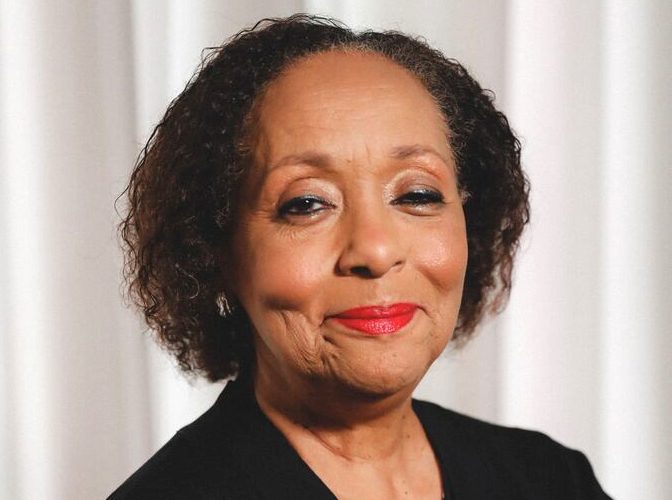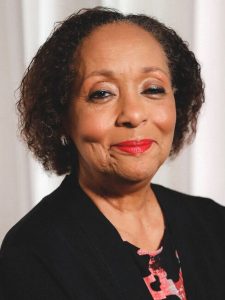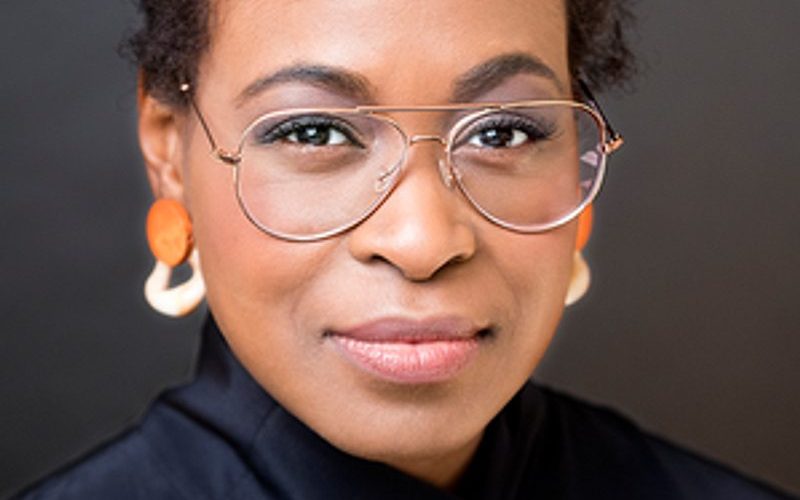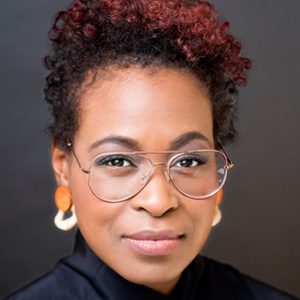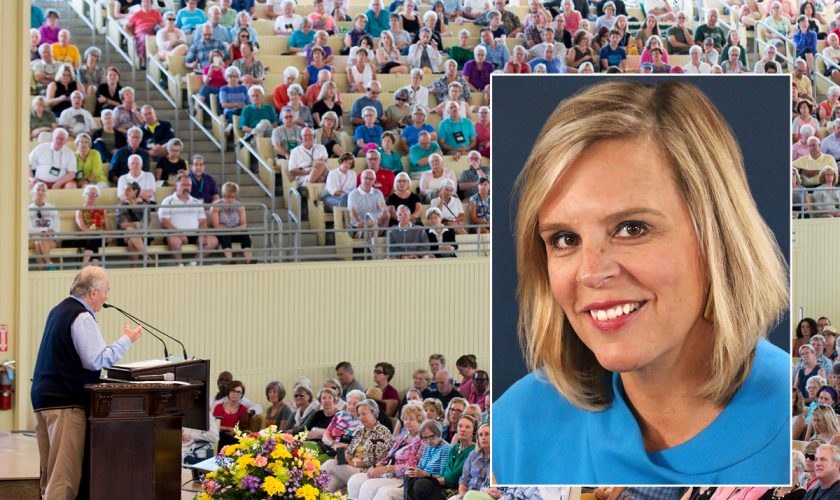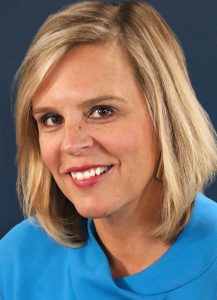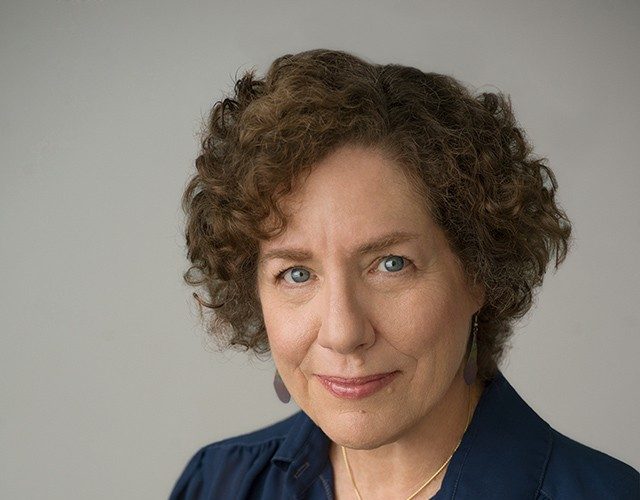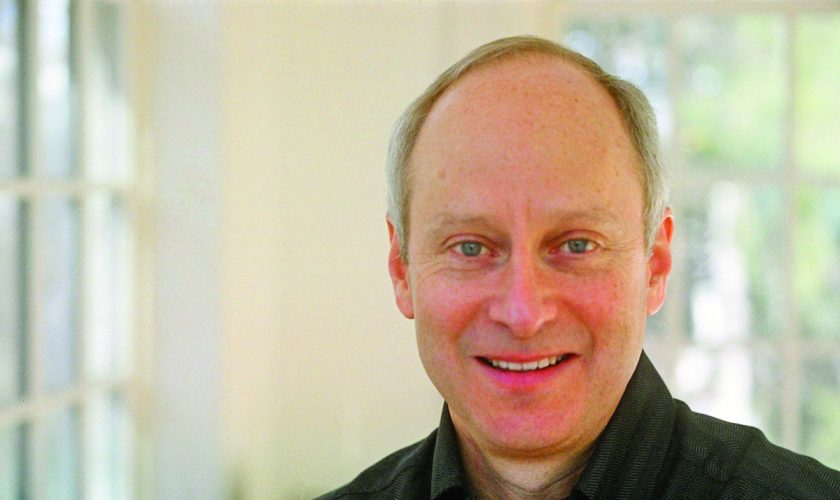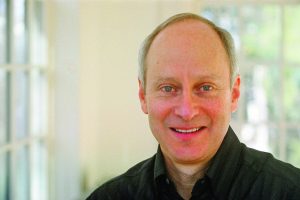
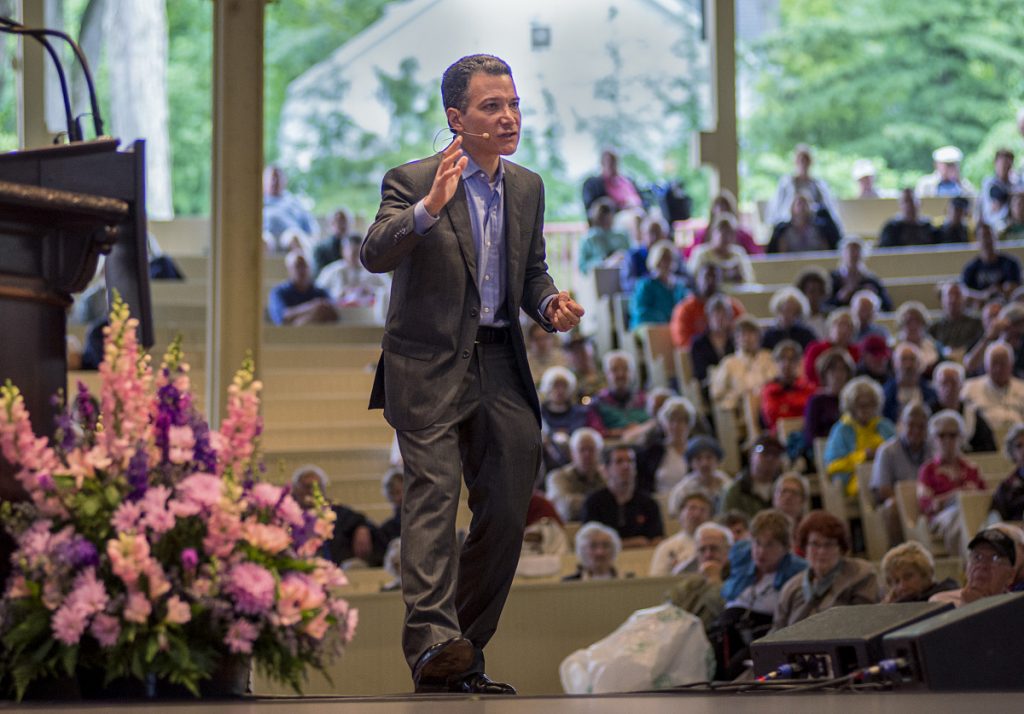
In a time of great political polarization and unrest, Jeffery Rosen has chosen his side: the Constitution.
In what he calls a battle for the Constitution, Rosen leads the charge as the president and chief executive officer of the National Constitution Center, a nonpartisan nonprofit organization that seeks to educate the public about the Constitution.
Recently, the center launched a new project in partnership with The Atlantic called “The Battle For the Constitution,” intended to discuss the issues and controversies around the founding document from a Constitutional perspective rather than a political one.
Rosen will explore this project in his lecture “The Fourth Battle for the Constitution” at 10:45 a.m. EDT Monday, Aug. 17, on the CHQ Assembly Virtual Platform. The lecture will open Week Eight of the Chautauqua Lecture Series; the theme for the week is “Reframing The Constitution.”
A professor at The George Washington University Law School and contributing editor to The Atlantic, Rosen has authored six books, as well as had his writings featured in The New York Times Magazine and National Public Radio, among others.
His newest book, Conversations with RBG: Justice Ruth Bader Ginsburg on Life, Love, Liberty, and Law, was published in November 2019.
Rosen became the president of the NCC in 2013, and has developed the center’s Interactive Constitution, an online resource and platform which brings together top scholars, both conservative and liberal, to discuss areas of agreement and disagreement about each clause of the Constitution.
The NCC, located on Independence Mall in Philadelphia, steps from where the Constitution was signed, places an emphasis on nonpartisanship and open discussion from all sides.
“The more I participate in Constitutional conversations, the more convinced I am that the Constitution is a conversation — one where citizens of different backgrounds and perspectives can disagree respectfully and energetically about the Constitutional text and shape its meaning in the future,” Rosen wrote on the NCC website.
In his Atlantic article “The Fourth Battle for the Constitution,” Rosen discusses what he believes to be the culmination of years of Constitutional debate as the Supreme Court draws closer to providing answers to what he calls “some of the most hotly contested questions of Constitutional law.”
“Our goal is to convene the leading Constitutional scholars in America — progressive, conservative, libertarian, or idiosyncratic — to write about the Constitutional debates at the center of American life,” Rosen wrote. “The stakes of this battle are enormous, and we hope that the essays in this nonpartisan project will provide readers with the context, analysis, and perspective needed to make sense of it all.”
Institution Vice President and Emily and Richard Smucker Chair for Education Matt Ewalt believes that Rosen is the ideal speaker to open the week on the Constitution, as his experience with educating the public on Constitutional issues and discussions takes scholarly material and makes it accessible to any and everyone.
“As he has done on the Amphitheater stage and throughout his tenure at the National Constitution Center, Jeff Rosen is able to guide us through this founding document, from historical context to interpretation to ramifications today like no one else in this country,” Ewalt said.
This program is made possible by The Higie Family Lectureship.

